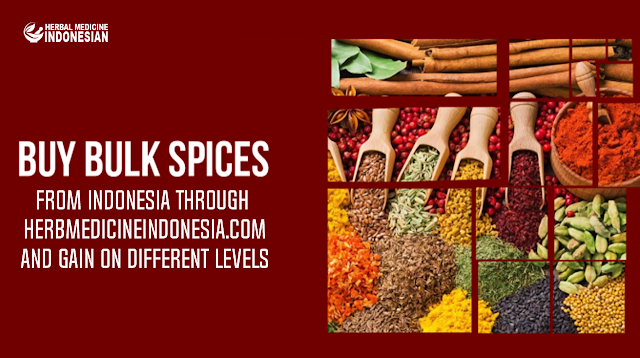
Organic fennel seed powder has been revered for centuries for its numerous health benefits. Derived from the seeds of the fennel plant (Foeniculum vulgare), this potent powder offers a natural remedy for various ailments and promotes overall wellness. In this comprehensive...




